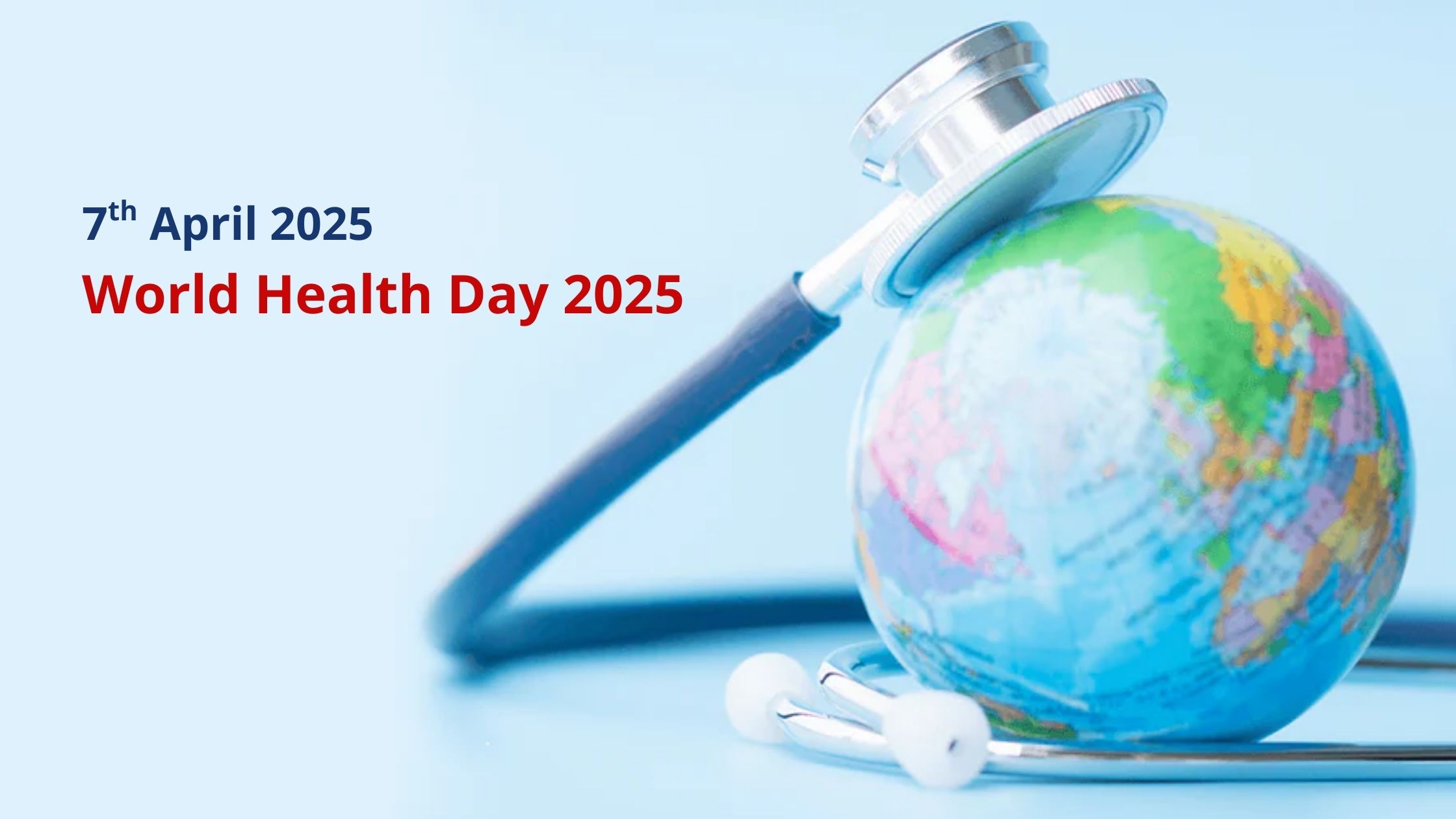
Every year on April 7, the world pauses to reflect on one of the most crucial aspects of our lives—health. But have you ever wondered, why is World Health Day celebrated on 7th April? The answer lies in history. This date marks the founding day of the World Health Organization (WHO) in 1948. Since 1950, WHO has chosen this day annually to highlight a specific health issue that affects people globally.
While WHO officially announces the theme closer to the event, early reports suggest that World Health Day 2025 may focus on:
"Healthy Communities, Thriving Planet" (tentative slogan)
This theme is expected to emphasize environmental health, access to care, and community-driven wellness.
Though not finalized, the proposed slogan aims to reflect global solidarity for sustainable health systems.
Apart from April 7, WHO also observes other significant health days. One of them is World Hearing Day, celebrated on March 3 every year.
WHO World Hearing Day 2025 will likely focus on accessibility to ear care, noise pollution prevention, and awareness around hearing loss—especially in underserved populations.
Another vital observance is World Oral Health Day, held on March 20. It raises awareness about dental hygiene and preventive oral care. Oral health is often ignored but is closely linked with overall well-being, especially in children and the elderly.
The theme for World Health Day in 2007 was "International Health Security"—highlighting health as a global concern and the importance of coordinated responses to health emergencies. This remains highly relevant today as the world continues to rebuild post-pandemic.
April 7 isn’t just a date—it symbolizes global health awareness, policy advocacy, and community action. From climate change to maternal health, WHO uses this day to set the tone for public health dialogue for the year ahead.
ASHA (Accredited Social Health Activist) workers are the backbone of India’s rural healthcare system.
What is the target population of an ASHA Worker?
Each ASHA worker typically caters to around 1,000 people in rural areas. They bridge the gap between healthcare services and the community—especially in maternal and child health.
Their work aligns closely with WHO’s vision of "Health for All."
As we move toward World Health Day 2025, the focus will remain on inclusive, accessible, and community-powered health systems. Whether it’s hearing loss, oral care, or grassroots health warriors like ASHA workers—each element plays a part in building a healthier tomorrow.
World Health Day isn’t just a campaign. It’s a call to action. A reminder that our health is interconnected—by geography, by policy, and by choice.
So, whether you're a student, a policymaker, or a citizen, ask yourself: What will you do for a healthier planet in 2025? Drop your thoughts in the comments on https://forms.gle/RMs3hVzHNBRPovLD7